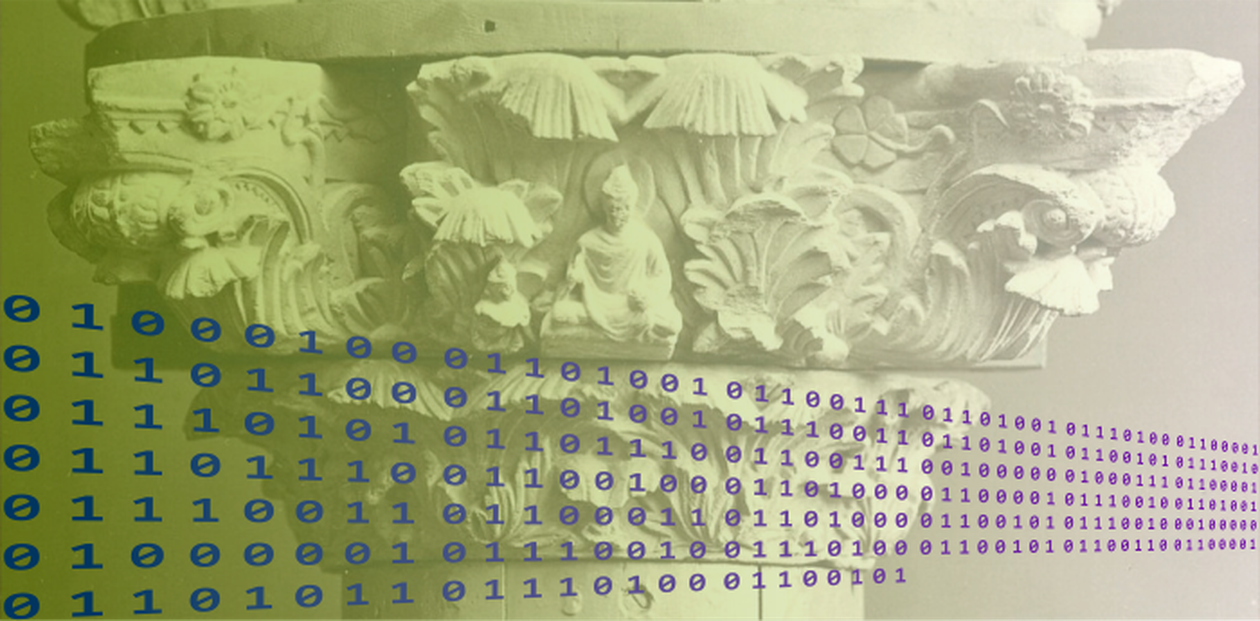
New Research Project conceptualises the Digitalisation of Gandhāran Artefacts
From February 2017, the new project 'DiGA' (Digitalisation Concept of Gandhāran Artefacts) will be hosted by the Center for Religious Studies (CERES) at the Ruhr-Universität Bochum. DiGA is financed by the German Ministry of Education and Research (funding line: “eHeritage I: Development of Concepts”). It is run by Junior Professor Jessie Pons (South Asian Religious Studies) and Dr. Frederik Elwert (Digital Humanities Coordinator). Furthermore, it includes one position for a postdoctoral researcher and two positions for student assistants.
During nine months, DiGA will set up a detailed concept for digitalising a corpus of Buddhist sculptures from the ancient Gandhāra civilisation (present-day Pakistan/Afghanistan) that is preserved in Pakistani museums. Situated at the cross-roads of Art History, Religious Studies and Digital Humanities, the project sets itself two main objectives. Firstly, it seeks to prepare a repository of Gandharan Buddhist artefacts, thus testifying to the willingness to preserve the cultural heritage of Gandhāra. Secondly, it aims to lay the foundations for using digital technology in the study of both Gandharan art and Gandharan Buddhism. In this respect, it will evaluate software and metadata standards in order to develop a technical platform that will enhance the analysis of Buddhist images, particularly of their formal and iconographic features, and facilitate their comparison with corpora of Buddhist texts. The project thus strives to refine the perception of the Gandharan School, notably regarding the recognition, characterisation, and classification of Gandharan styles. Additionally, it aims to shed light on issues central to the study of Buddhism in the region such as the formation of Buddhist narrative traditions and the emergence of Mahāyāna trends.
DiGA starts small but thinks big! While the platform will be conceptualised on the basis of items in Pakistani collections, the long-term goal is to create a comprehensive archive of Gandharan art which includes also objects currently held in other collections. Using Linked Open Data techniques will allow to cross-link independent collections and analyse them jointly. Furthermore, similar techniques will be developed for linking databases on Buddhist textual material. DiGA endeavours to promote cross-disciplinary collaboration between archaeologists, art historians, historians, and philologists. The project will finalised in the end of October 2017. Its results will form the basis for a follow-up application for the actual digitalisation of the artefacts.

